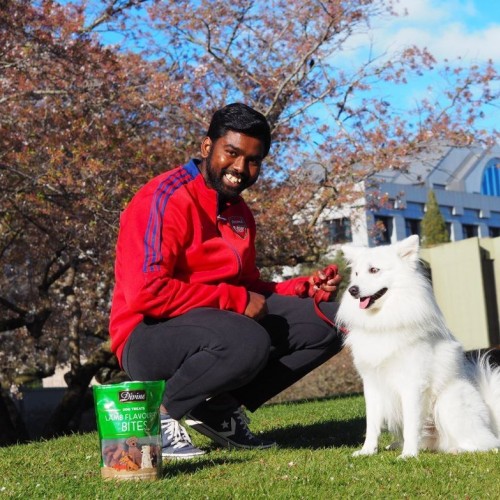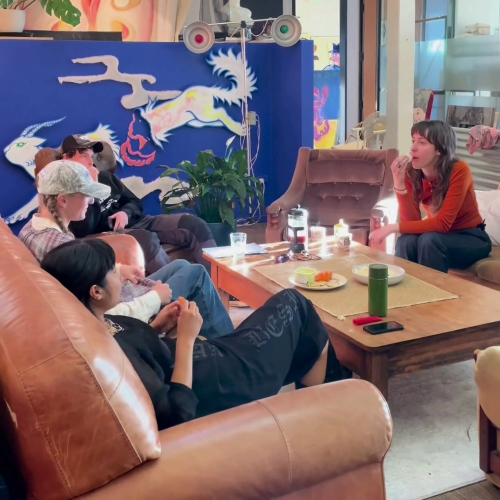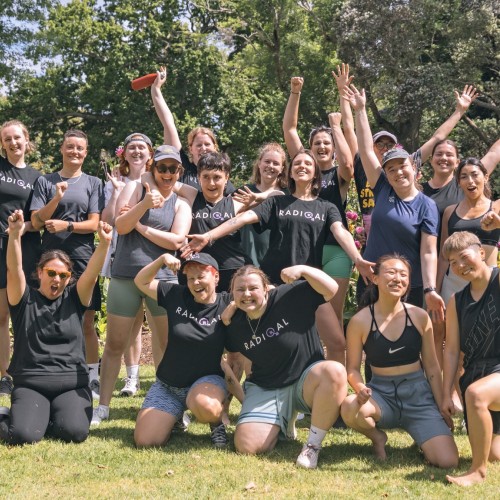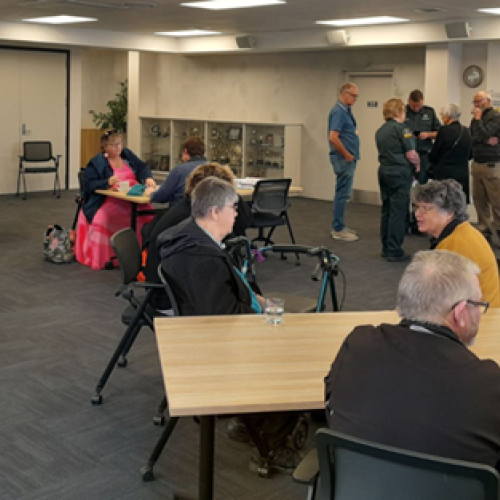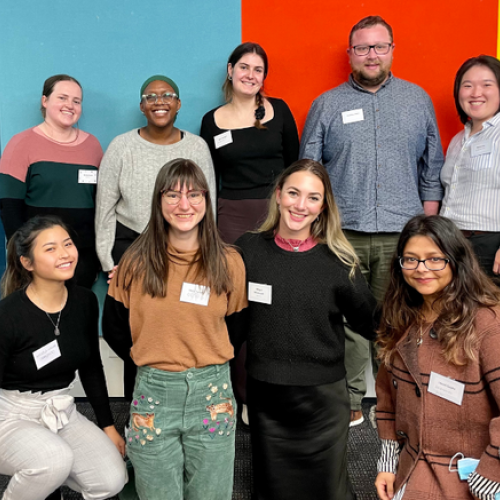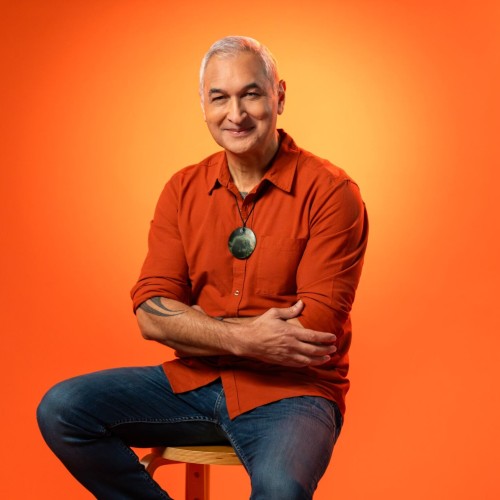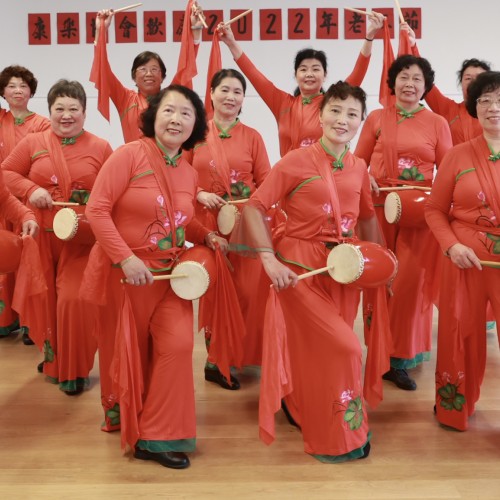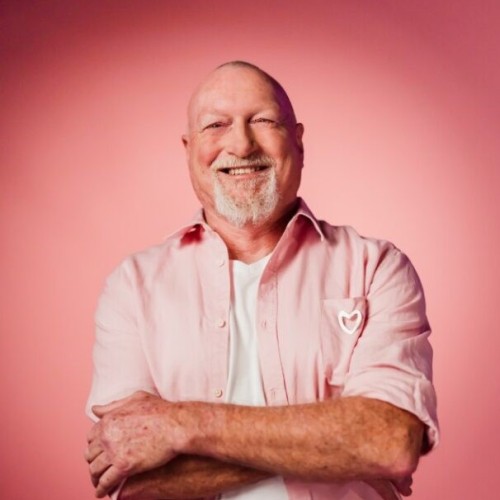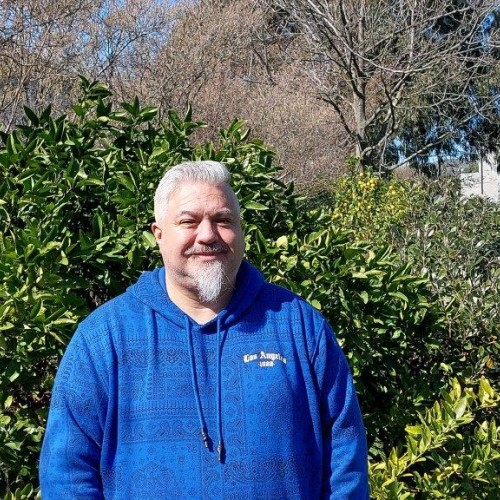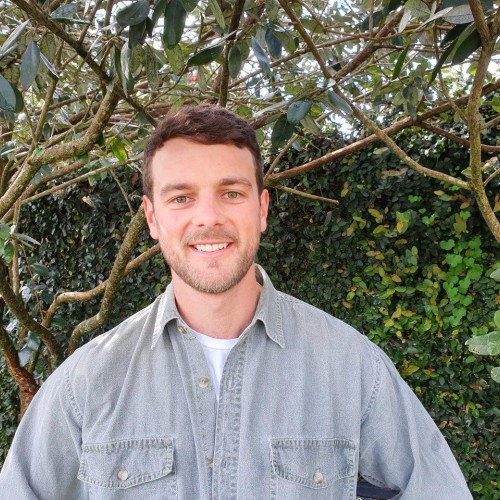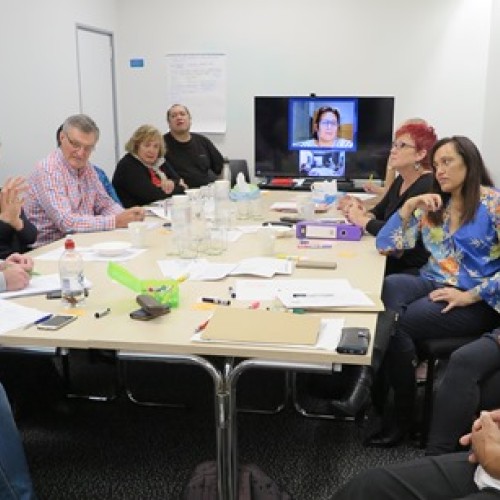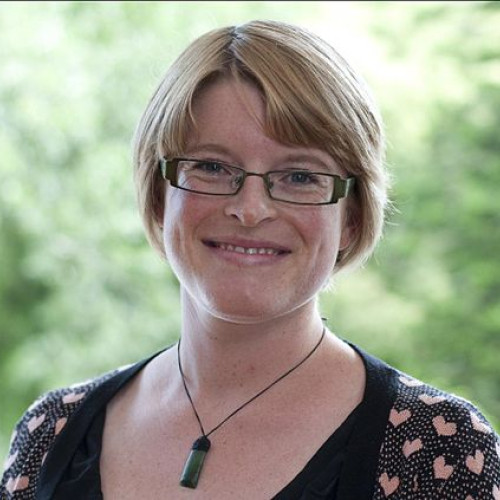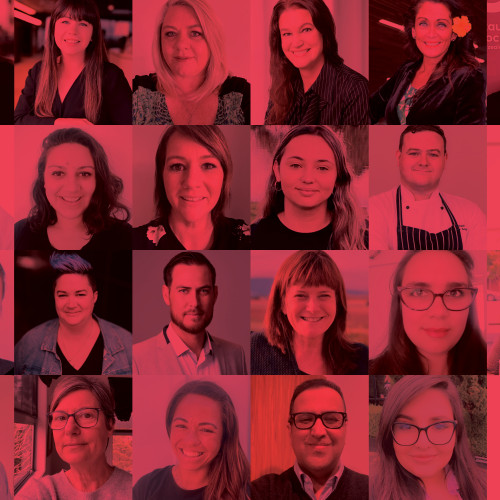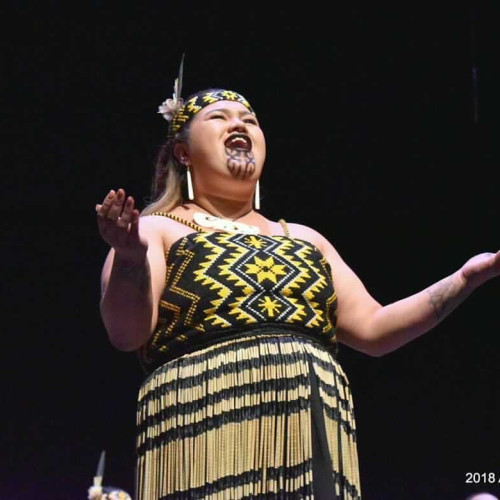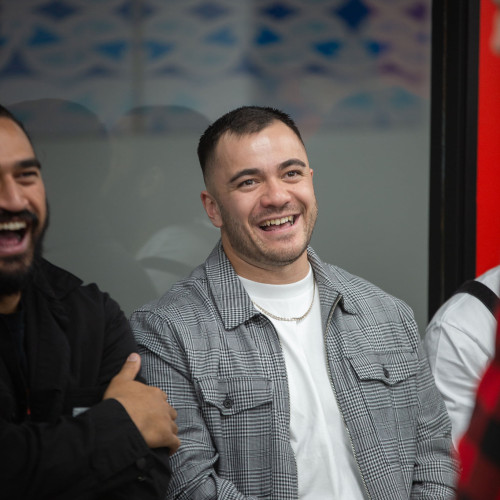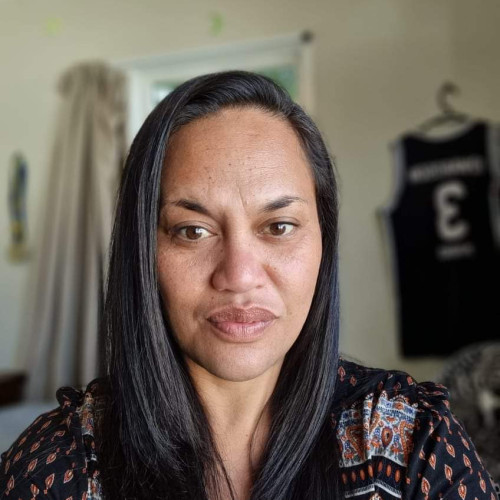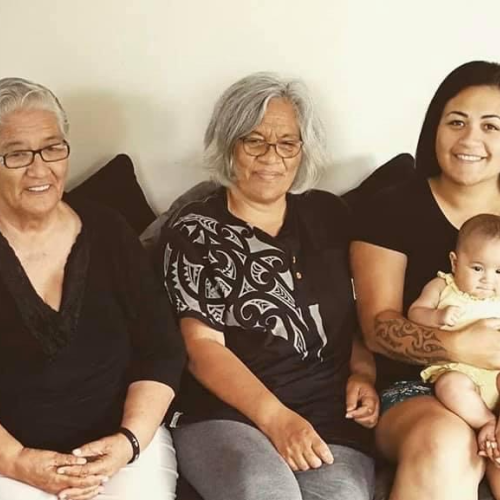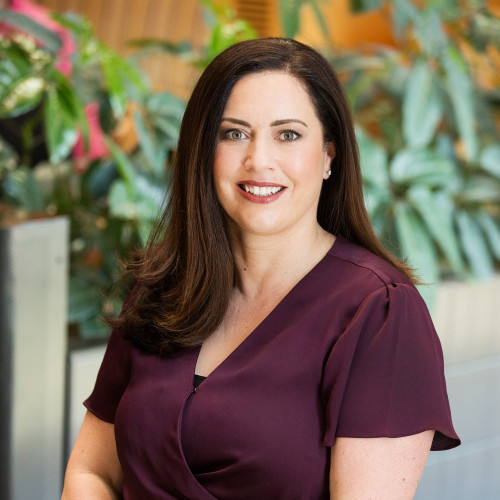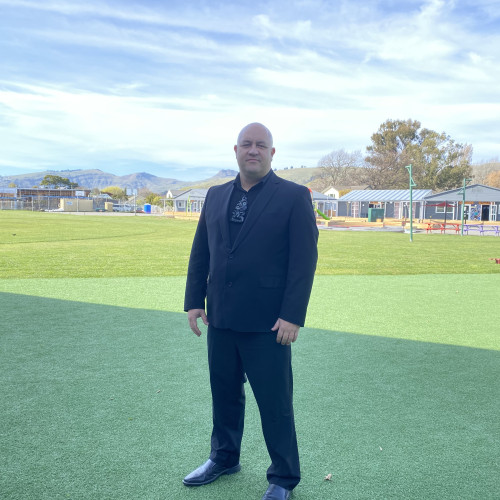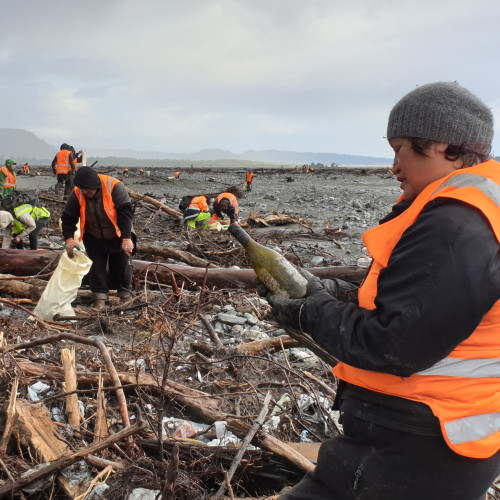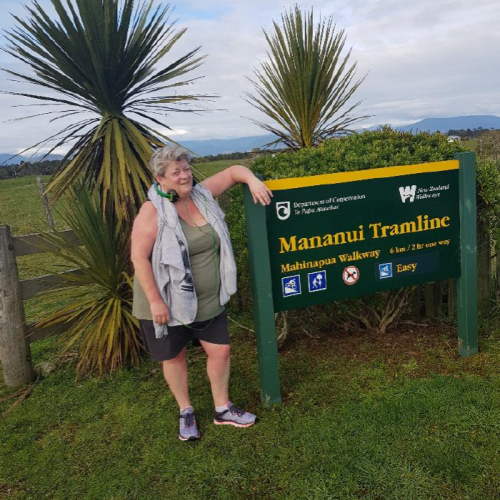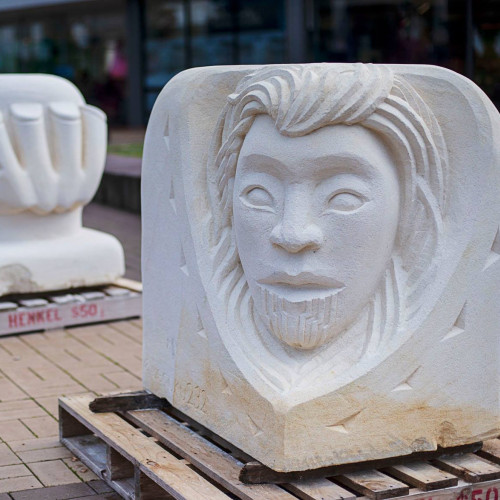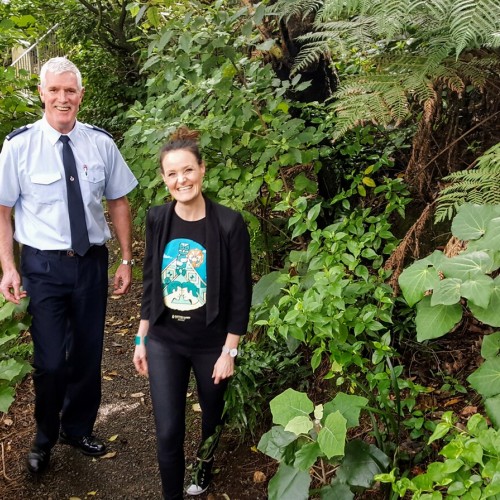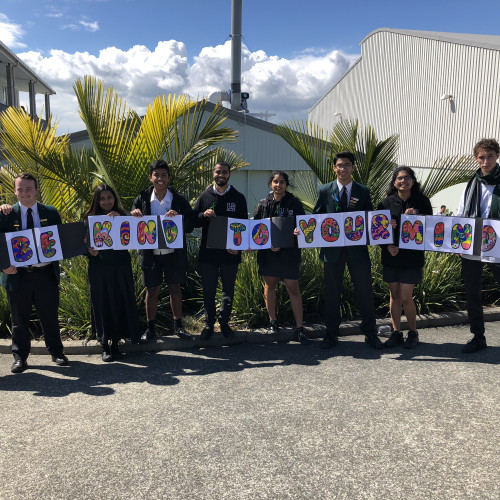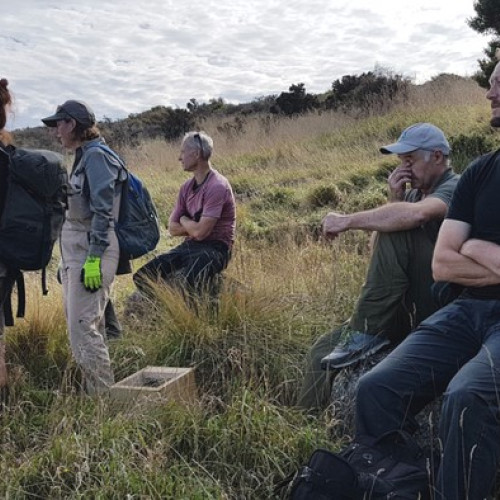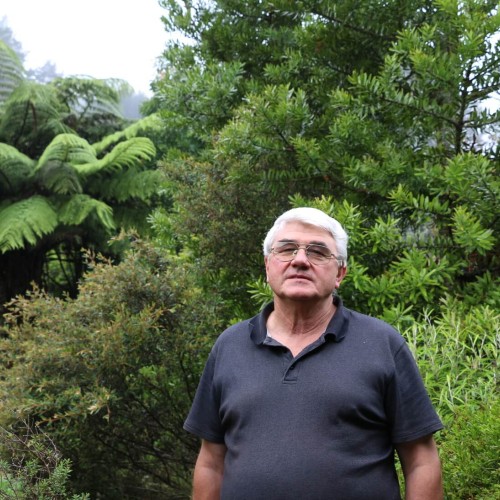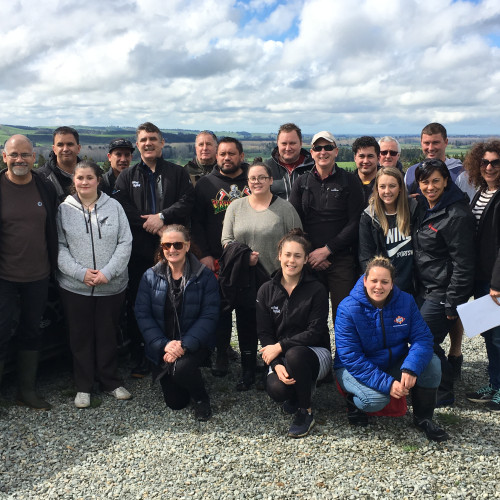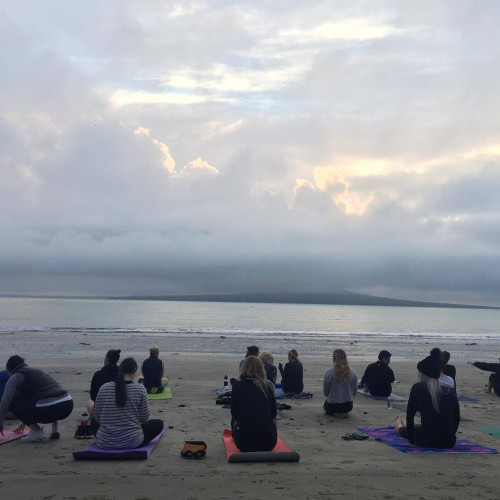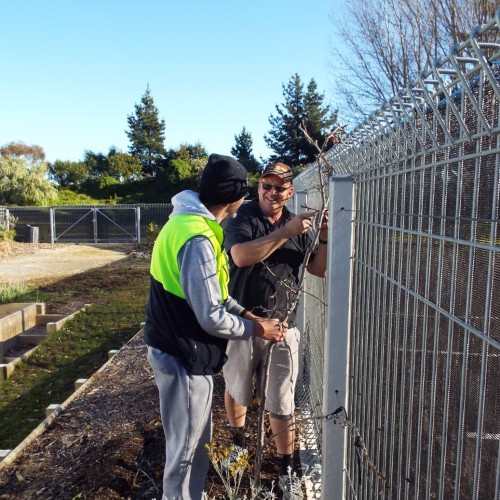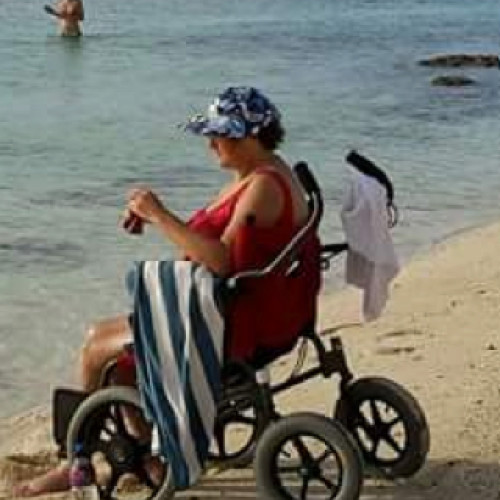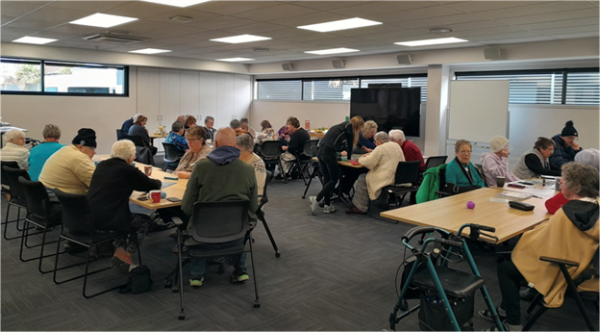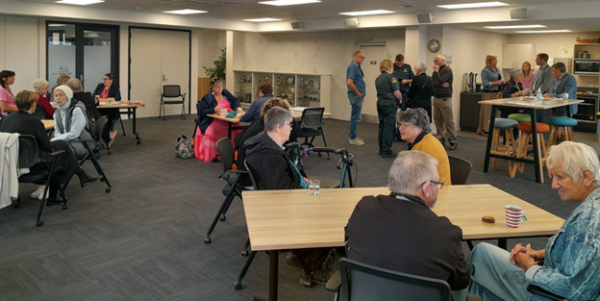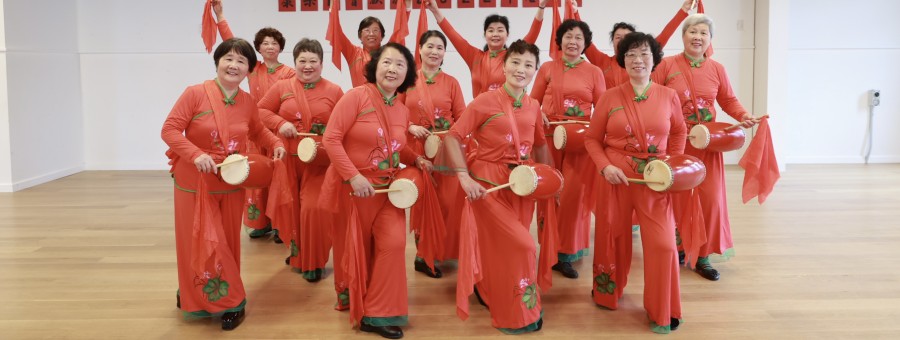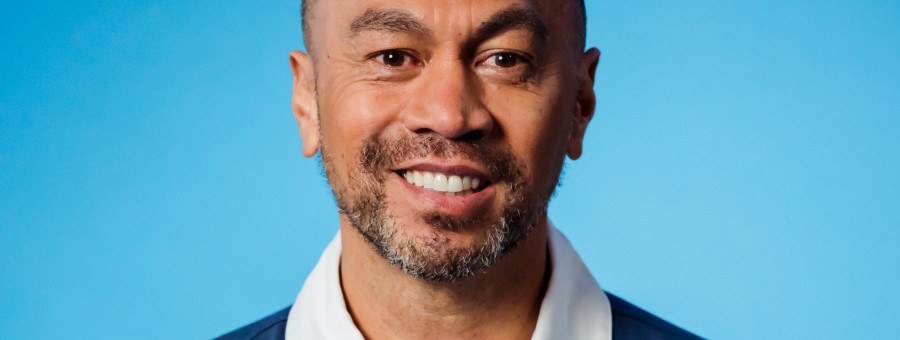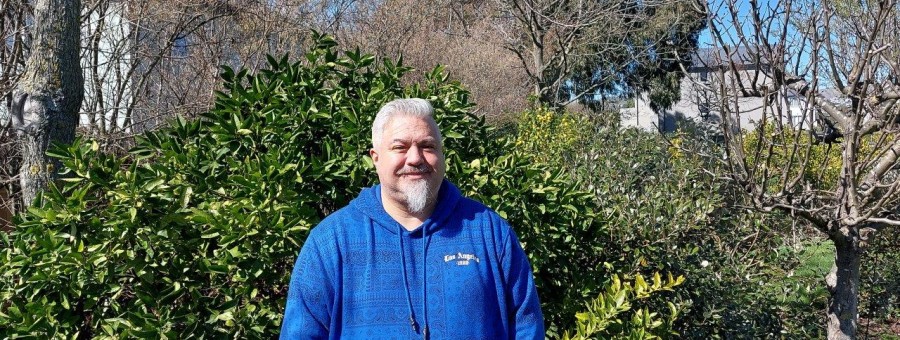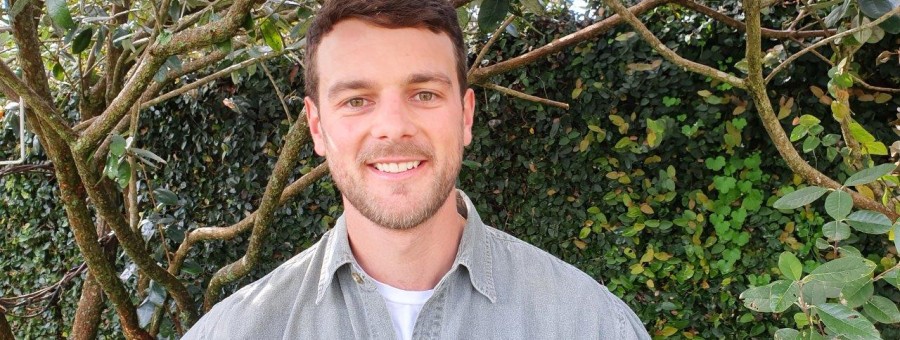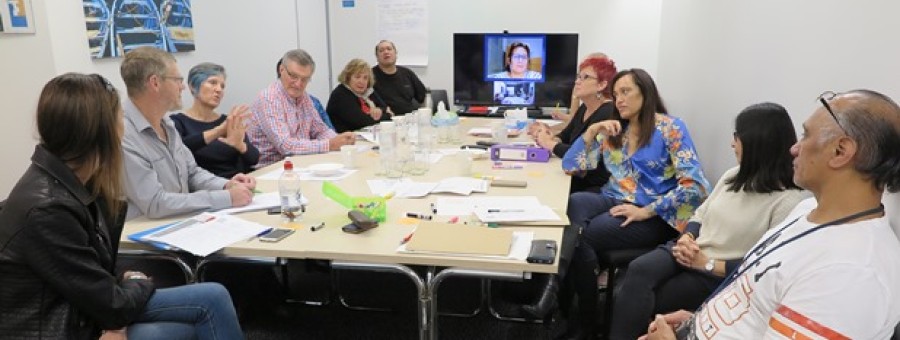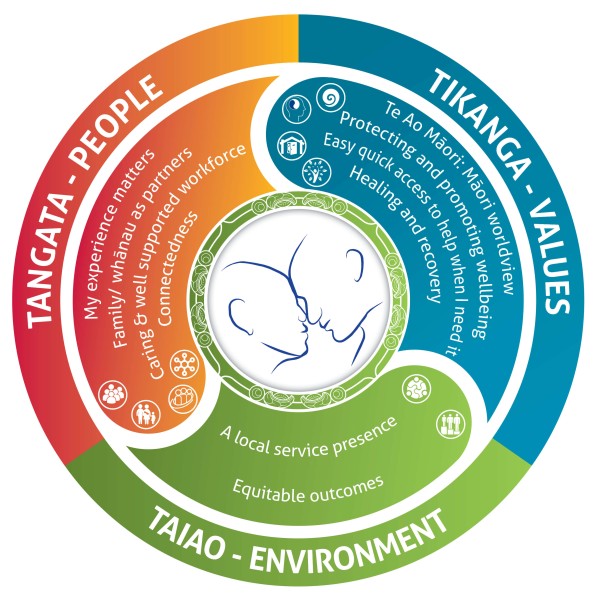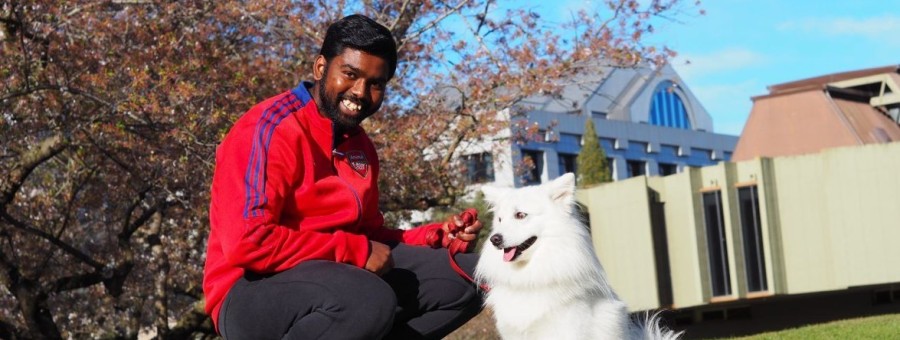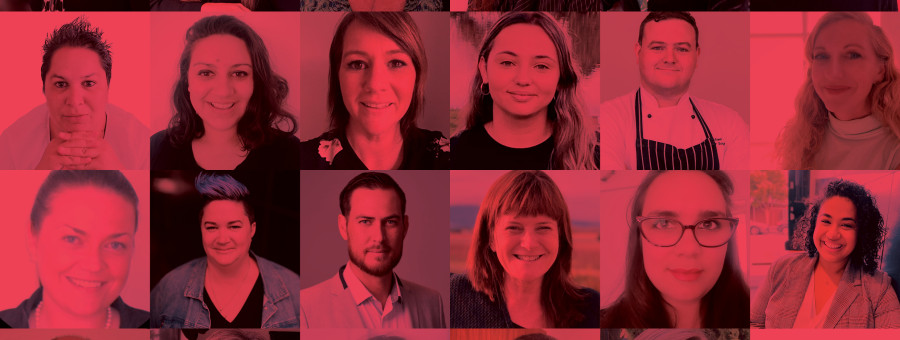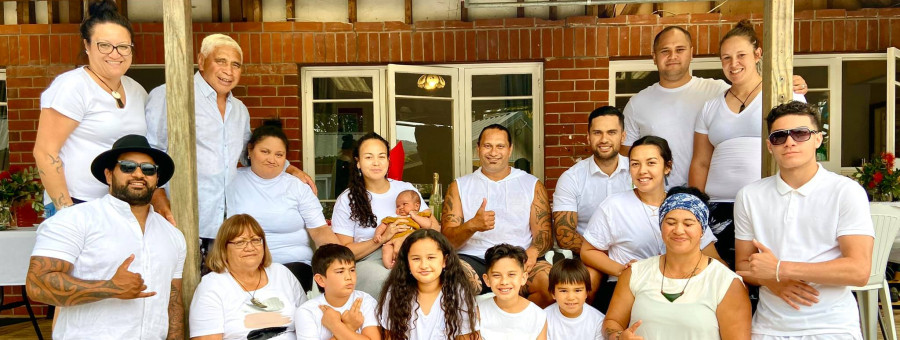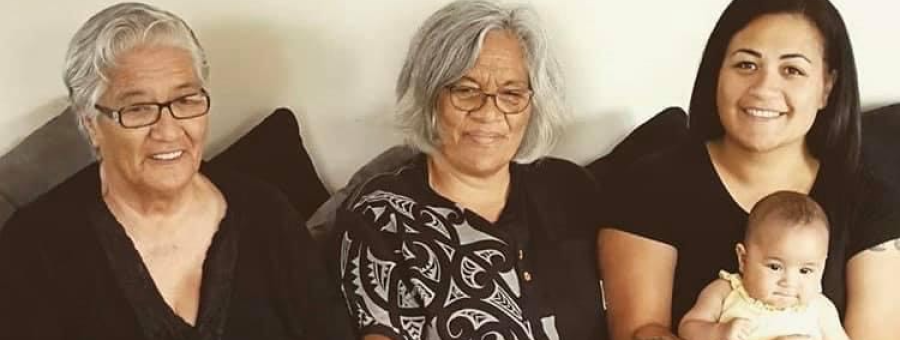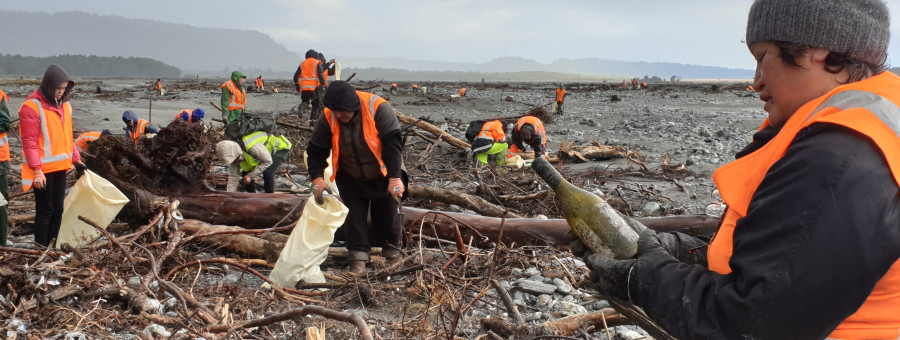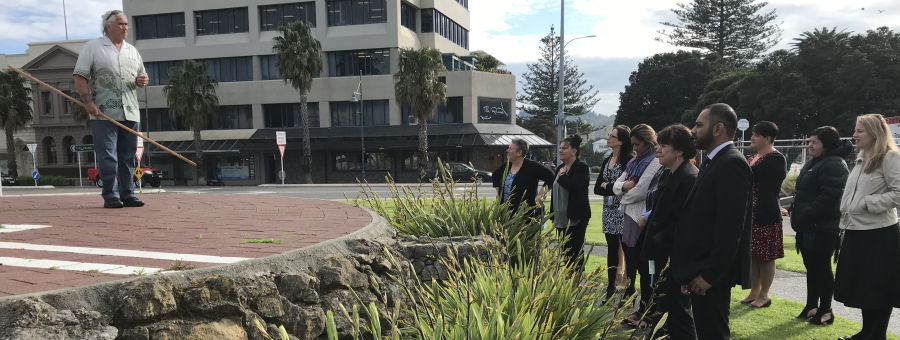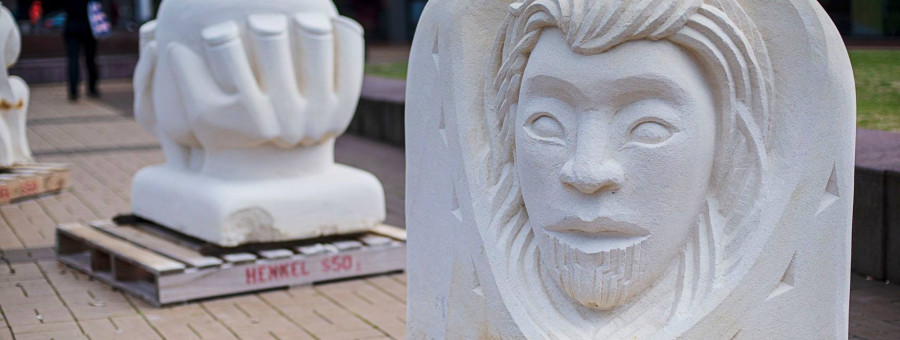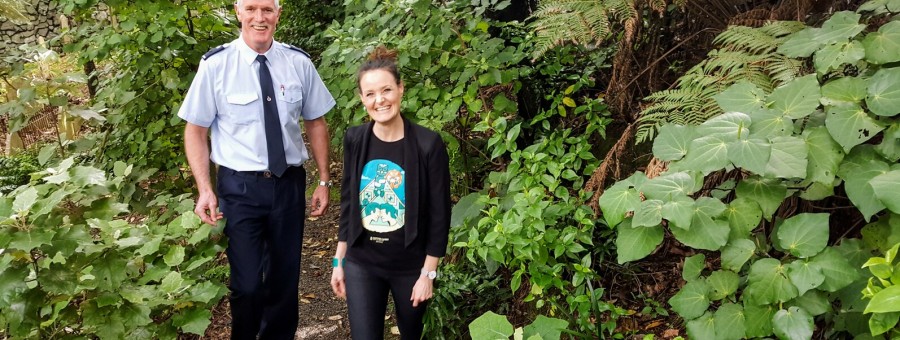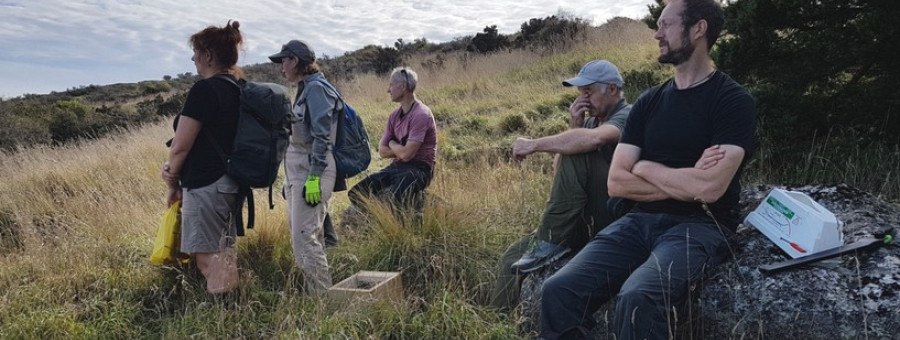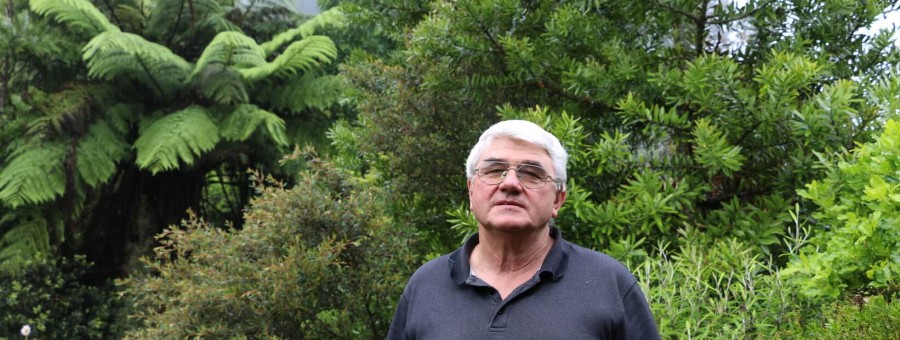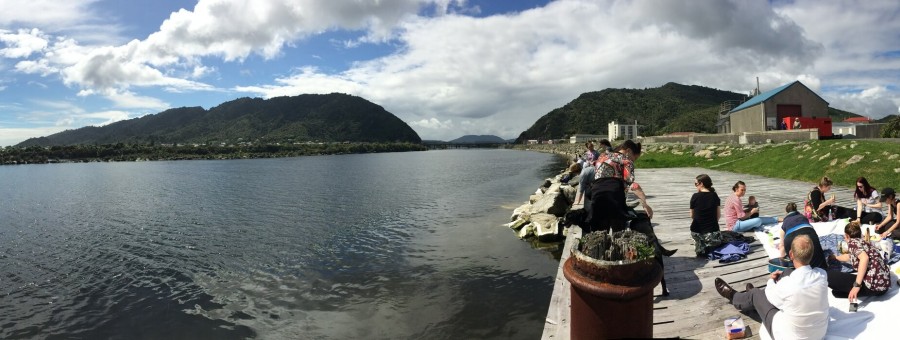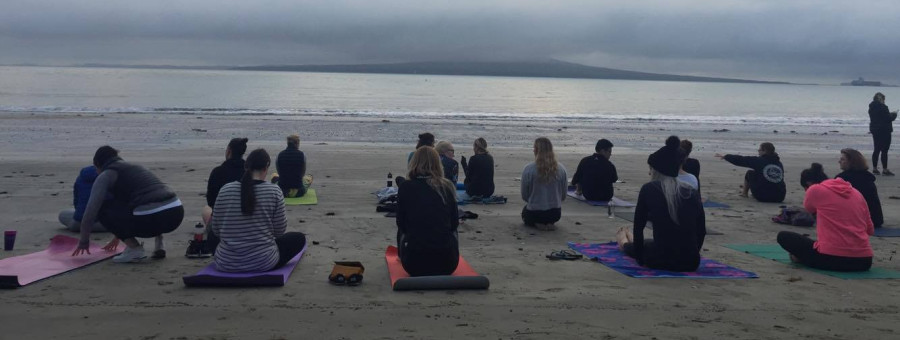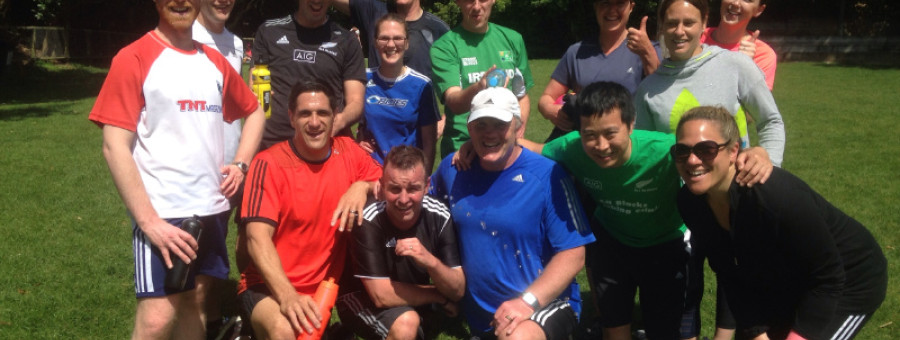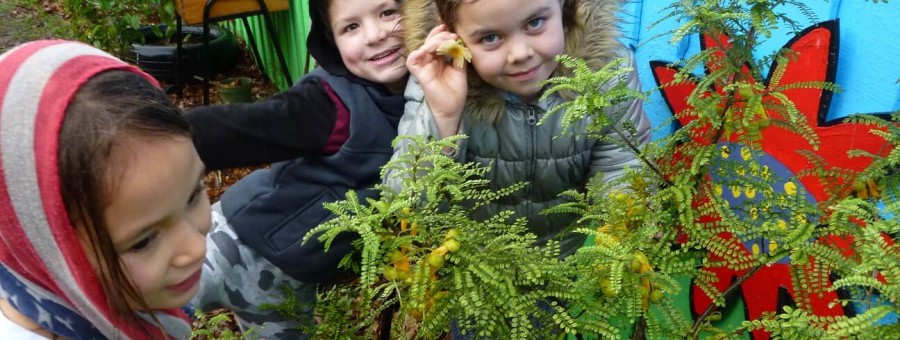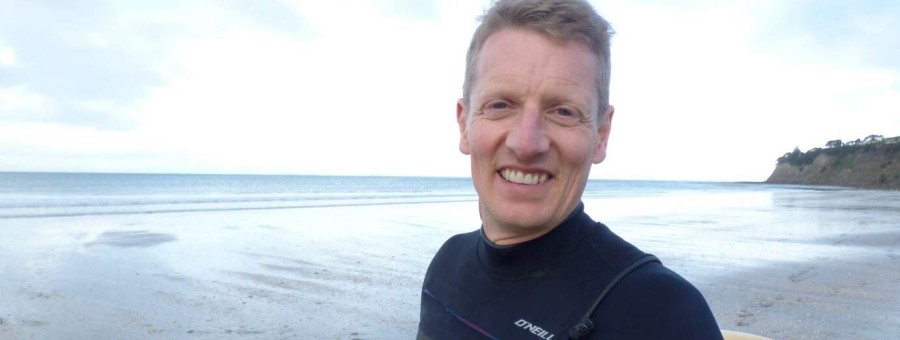Between studying, finding his footing as a New Zealander, and juggling his role as the president of the New Zealand International Students’ Association (NZISA), Vikram Selvaraj doesn’t have much spare time on his hands. But the recent university graduate says it’s all part of the journey that he’s grateful to be on.
Originally from Singapore, Vikram moved to Christchurch in 2018 with his partner and dog in tow, to pursue a degree in criminal justice at the University of Canterbury. After settling in and getting a few years of study under his belt, he was appointed President of NZISA in early 2022.
The Association advocates for international student wellbeing and welfare at all New Zealand universities, with representatives at each university who bring back feedback about how international students are doing. Common issues are raised and brought to the attention of national agencies such as Education New Zealand, and then solutions are worked on.
One of their big projects coming up is a wellbeing roadshow, with four stops around the country. The roadshow aims to connect onshore international students and to welcome those who have recently just returned from their home countries, post pandemic, Vikram explains. “We’ll be connecting with students, making sure they are not alone, because being an international student can be daunting. It’s important that they’re not isolated and that they have the proper support networks.”
Vikram says the biggest wellbeing issue that he’s observed is students not knowing there is help and support available, leaving them to struggle alone.
"There’s a lack of information and support for the international community. Universities are trying, but the information they put out there may not be in the right place at the right time. I often get approached by students feeling isolated or lonely, and I will ask if they have spoken to anyone at the university and they aren’t aware that there are people they can talk to. I come in as a bridge to help students and universities understand how they can support each other.”
Vikram is vocal about the fact that it’s not easy, especially coming from an Asian culture, where universities are heavily focused on the academics and mental health is still a taboo topic. “It’s very different, we don’t talk about mental health. Talking about anything to do with what’s going on in your mind and soul is very new to people coming from Asian backgrounds. I was brought up with the attitude of ‘Why are you talking about this, it’s up to you to deal with it’. Here in New Zealand, people want you talk about it and be vulnerable, and it’s okay not to be okay. The challenge is connecting with and caring for students who need and want the support, but who have trouble reaching out.”
For Vikram, keeping mentally well is all about the people in his life – and his dog. He chooses to surround himself with people who lift him up. Something that has helped him is not being afraid or ashamed to admit he’s struggling, as he finds that the people in his life give him different advice and perspectives to consider. “Sometimes if you are going through a tough time, it’s easy to dwell on it. It’s important to have other people around you to pull you out of that, not just while you are going through problems but before as well.” Having a dog in New Zealand has helped him connect to his new home through exploring dog parks and meeting other dog owners, and he has learned a lot from his dog about adapting to new places with a positive attitude.
The main thing Vikram wants international students to know is that even though they may come from a different culture and background, where mental health is considered a taboo topic, it’s okay to reach out, and there are university services available for support.
“You might feel uncomfortable about asking for help, but it’s important to do it for your wellbeing. You don’t need to go through anything on your own.”

